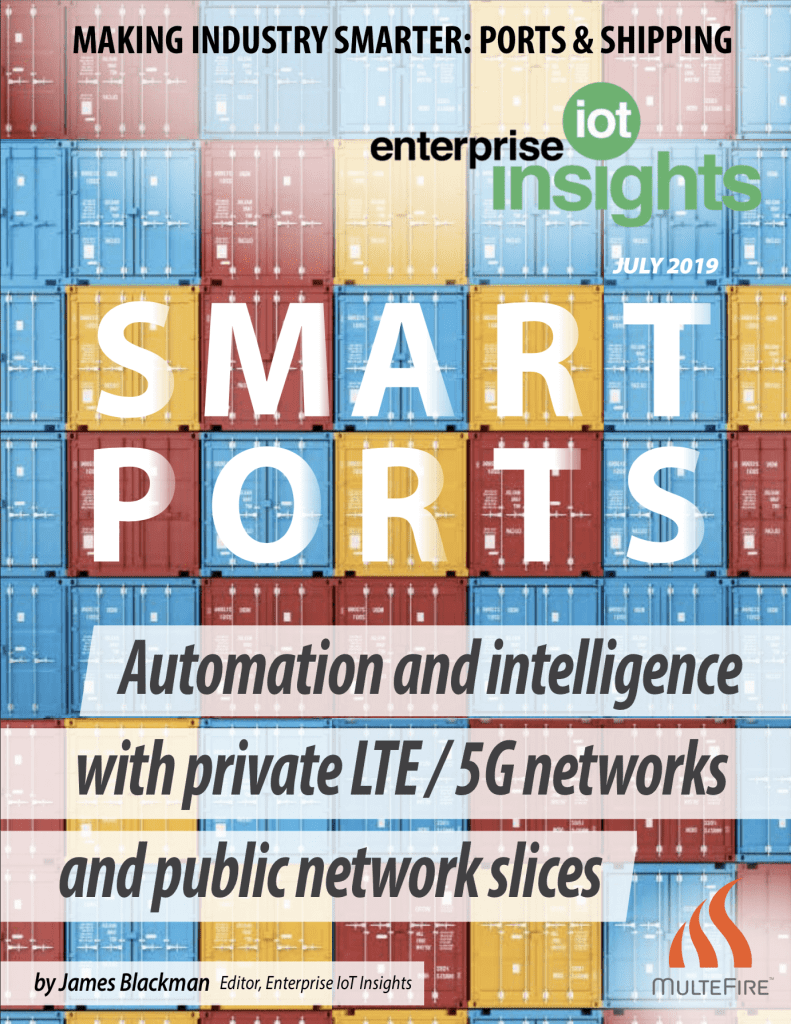Cisco, Lenovo, Nokia, Schneider Electric, and Vodafone have joined IBM’s new Trust Your Supplier (TYS) blockchain project to bring efficiency, order, and accountability to the supply chain.
Belgian brewing company Anheuser-Busch InBev and UK pharmaceutical company GlaxoSmithKline have also joined as ‘founding participlants’, alongside these other technology and telecoms outfits. IBM has worked on TYS with North Carolina based blockchain consultancy Chainyard.
The TYS blockchain network creates a ‘digital passport’ for supplier identity, allowing suppliers to share information with others on the network. It is geared towards reducing time and cost associated with qualifying, validating, and managing new suppliers. It will also create new business opportunities for participants, said IBM.
“Traditional methods of managing suppliers often involve cumbersome manual processes, which make it difficult to verify identities and track documents like ISO certifications, bank account information, tax certifications, and certificates of insurance throughout the lifecycle of a supplier,” it said in a statement.
“By using a decentralised approach and an immutable audit trail built on blockchain, Trust Your Supplier is designed to eliminate manual time-consuming processes and help reduce the risk of fraud and errors, ultimately creating frictionless connectivity across supply chains.”
IBM projects a 70 to 80 per cent reduction in the cycle time to onboard new suppliers, and a 50 per cent reduction in associated administrative costs. It will bring 4,000 suppliers in North America onto the network over the next few months, it said.
Third-party validators including Dun & Bradstreet, Ecovadis and RapidRatings are providing outside verification or audit capabilities directly on the network. The TYS network also connects with existing procurement systems, so suppliers are not required to enter purchase-order and invoice details into multiple different networks.
Renee Ure, chief supply chain officer for Lenovo’s data centre group, said: “Blockchain has the ability to completely transform how companies onboard and manage their supplier network for the future.”
Sanjay Mehta, vice president for procurement at Nokia, said: “Using the latest technology to address a classical challenge will be of benefit for everyone, and further increase the speed of using innovative solutions.”
Analyst house Gartner reckons lockchain will movement and tracking of $2 trillion of goods and services annually by 2023.
Meanwhile, IBM has brought global container carriers CMA CGM and MSC onto its TradeLens blockchain platform for the shipping industry. TradeLens was developed with Maersk. With the new joiners, alongside around 100 other participants on the platform, data for nearly half of the world’s ocean container cargo will be available on TradeLens, reckons IBM.
“The TradeLens network is already showing that participants from across the supply chain ecosystem can derive significant valuem” said Rajesh Krishnamurthy, executive vice president for IT and transformations at CMA CGM.
André Simha, chief digital and information officer at MSC, said:” “Digital collaboration is a key to the evolution of the container shipping industry. The TradeLens platform has enormous potential to spur the industry to digitise the supply chain and build collaboration around common standards.”
Bridget van Kralingen, senior vice president for platforms and blockchain at IBM, said: “The major advances IBM continues to make in blockchain illustrate that the technology is fostering new business models and playing an important role in how the world works.”
For more on the role of digital technology in ports and shipping, including the role of blockchain, check out the new report: ‘Smart Ports: Automation and Intelligence with Private LTE / 5G Networks and Public Network Slices’. Click here to see the report. Click here to see all the latest reports from Enterprise IoT Insights.


